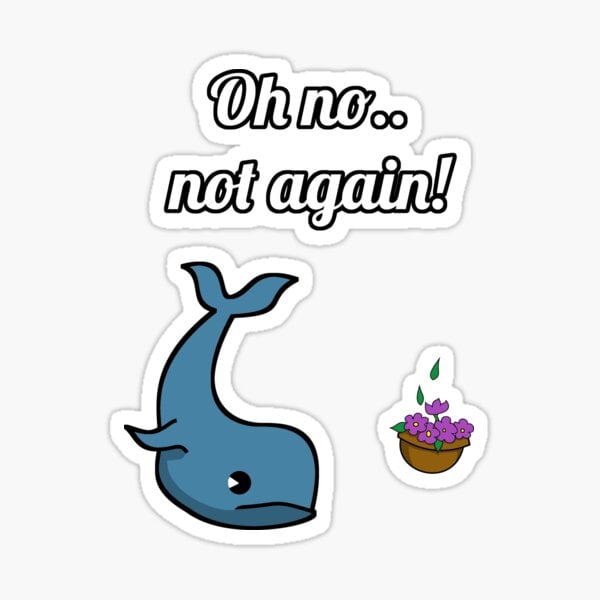Unsure if babies can form memories ages 1-2, my oldest memory is from around age 3. They do learn words when they are around 1 year old, so there must be some capacity for memory? What is going on there?
Babies have memories, some going back pre-birth. They can recognise music and voices from the womb. My daughter started understanding and following instructions around 3-4 months.
What you might be talking about are adult accessable memories. At some point, the structure of memory changes. I personally suspect it’s tied to the acquisition of language, but that’s just my opinion. The key point is that memories from before the transition are difficult, or impossible to interpret. This sets the line for “first memories”. For most it’s around 2-3 years, though it can be earlier (mine is my 1st birthday).
Interestingly, the better someone’s adult memory, the later their first memory tends to be. This implies multiple revisions, each one leaving older memories inaccessible, but giving better performance/sorting.
I remember my 2nd birthday party. I was seated at the table and bunch of noisy kids were there. I remember thinking how much I disliked the noise and chaos.
I went to New Zealand when I was 2, and I have some vague memories of it. I’m guessing that it was different enough from my normal life that my brain could retain in
This used to be my field before I quit academia. There are two answers both indicating towards - yes, babies remember:
-
every time we (scientists) devise a new way to ask even younger kinds (infants) whether they understand one thing or another, or whether they remember, we find out that they do. The problem is how to communicate with a nonverbal infant, let alone a newborn.
-
A lot of brain development happening in the first 6 years or so is killing a lot of neural connections and strengthening others.
The leading theory (10 years ago, when I left the field, science can move fast) proposed that this may be why adults rarely remember things before age 3 - but young children have LOADS memories of before age 3 with accounts (anecdotes) of young children having memories of the prenatal phase (“when I was in mama’s belly …”) - I call these anecdotes because I know of of many parents with these anecdotes, but no study that actually looked into validity of these stories.
The theory then simply argues that as the brain matures and kids learn all the new things they need to learn, they retire these very early memories - they simply forget. But they did have them.
So the younger the kid, the earlier memories he will be able to recall? Is there some sort of a hard line where kids are unable to form long form memory?
See point 1 above. We simply do not know. But I would not expect it to be linear. Just that they gradually forget things from very early life as they form new stronger memories of events and skills.
It’s my understanding that the current research indicates children switch from symbolic memory (memories encoded as symbols and images) to verbal memory, where primary memories are encoded as words and thoughts.
When this switch happens, the symbolic memory becomes essentially inaccessible. Thus why people’s memories usually “start” around the time they learn language.
-
They sure as hell do. Older memories fade away around puberty iirc because your brain gets somewhat rewired.



